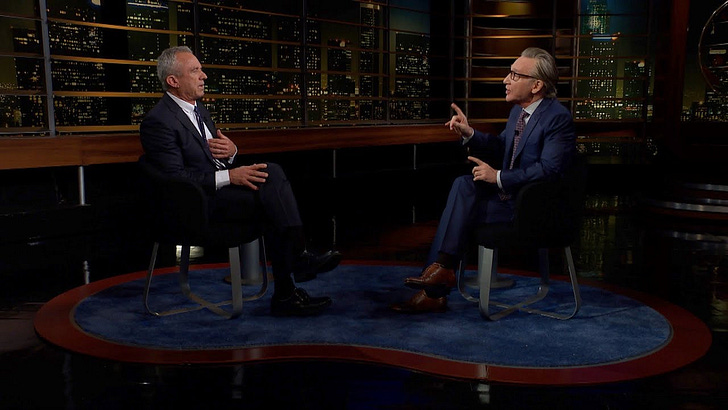The following is from Adam Coleman (See also AdamColeman’s Newsletter).
Robert F. Kennedy Jr. has consistently articulated his stance on vaccines, advocating for safer vaccine practices rather than an outright opposition to vaccination. Here are some points illustrating his position and addressing the claims of conspiracy theorizing:
### Support for Vaccines
1. **Clarified Advocacy for Safety**:
- RFK Jr. has expressed that he is not anti-vaccine but pro-vaccine safety. He has emphasized the need for more rigorous scientific testing and transparency regarding vaccine ingredients and side effects.
2. **Vaccine Safety Concerns**:
- He advocates for removing harmful substances from vaccines and ensuring they undergo thorough safety evaluations, much like other pharmaceutical products.
3. **Speech on Balance**:
- In various public speeches, RFK Jr. has stated that vaccines play an important role in public health but should be administered with the utmost care to avoid adverse effects.
### Addressing Conspiracy Theorist Claims
1. **In-Depth Research**:
- RFK Jr. bases his opinions on years of research and dialogue with scientists, citing studies and credible sources. His focus is on questioning and holding pharmaceutical companies accountable, a stance rooted in precaution rather than fringe conspiracy.
2. **Fact-Based Critiques**:
- His criticism is often directed towards the regulatory processes and the influence of pharmaceutical companies on policies, which are concerns shared by various experts and advocacy groups, beyond the realm of conspiracy theories.
3. **Calls for Transparency**:
- He advocates for open discussion and independent research on vaccine safety, aligning with broader calls for transparency within the medical and scientific communities.
### Public Statements
- In interviews, RFK Jr. has reiterated his stance: acknowledging the role of vaccines in controlling diseases while highlighting the need for safer vaccine schedules and formulations.
### Open Dialogue
- He has participated in debates and discussions, engaging with both proponents and critics of his views, demonstrating a willingness to engage in scientific discourse rather than promoting unfounded theories.


